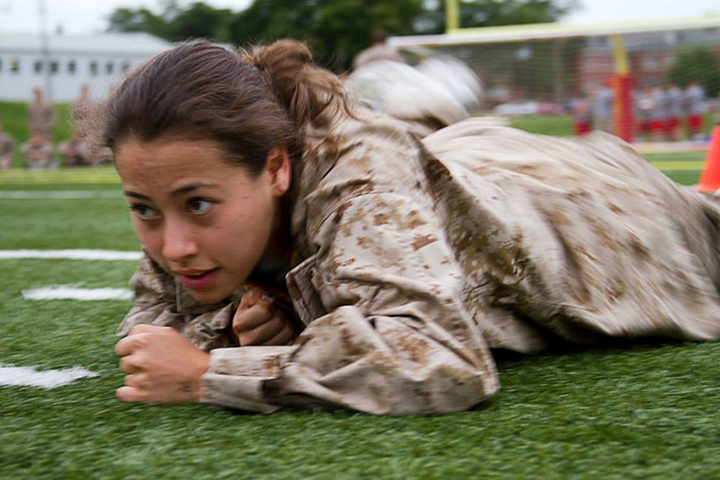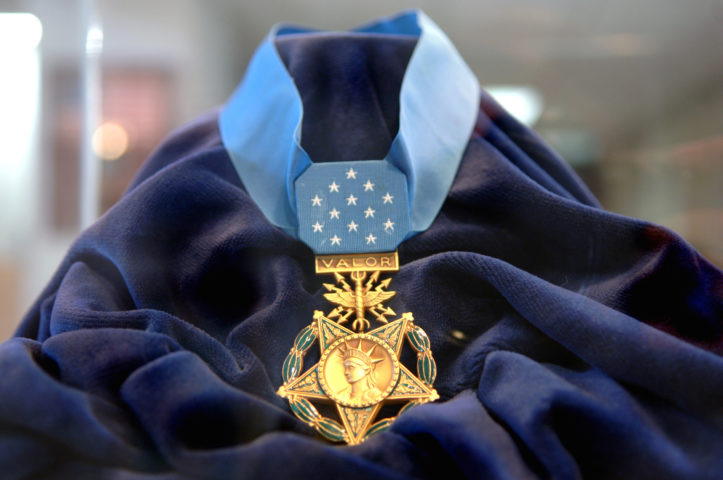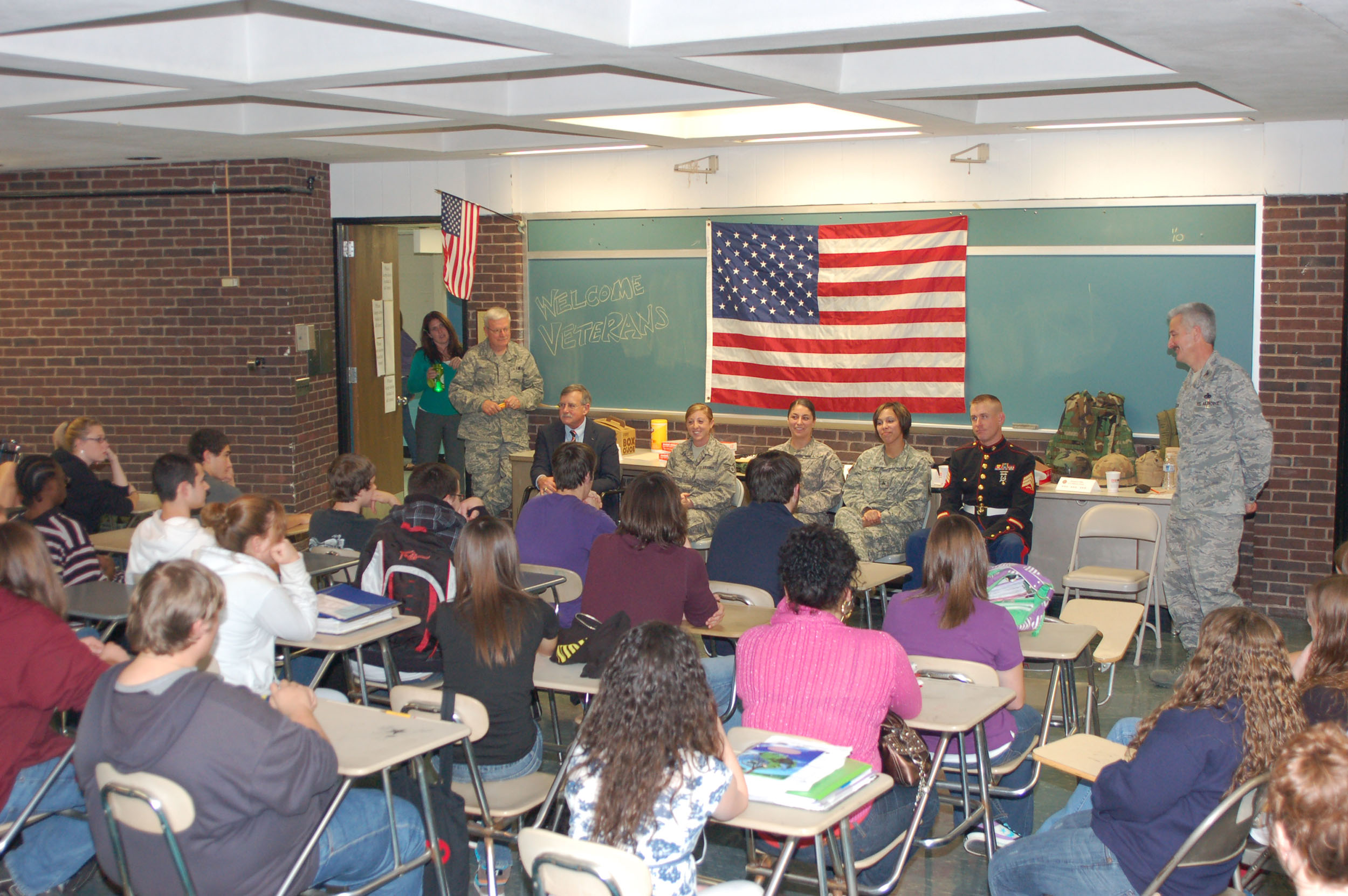Alfred Tumlinson, passenger on Southwest Airlines flight 1380, told the Associated Press that Southwest pilot Capt. Tammie Jo Shults has “nerves of steel.”
Another passenger, Diana McBride Self, describes the former U.S. Navy fighter pilot as “a true American Hero.”
On April 17, Shults’ decade of experience in the military undoubtedly factored into her calm composure when one of two engines on the Boeing 737 exploded in route from New York to Dallas. The explosion blew out one of the windows in the plane, spraying shrapnel inside as pressure pulled a passenger halfway out the window, The Washington Post reports.
Shults’ character under fire was forged through years of military socialization. Her grit, calm, courage, and care were all evidenced in this unexpected crisis. This kind of moral character, researchers at the Institute for Advanced Studies in Culture claim is strengthened through “a range of practices and routinized actions.” The crisis only reveals the embodied habits of action that amount to a hero’s character.“Southwest 1380, we’re single engine,” Shults told air traffic controllers as she guided the hobbled plane to Philadelphia International Airport for an emergency landing. “We have part of the aircraft missing, so we’re going to need to slow it down a bit.”
Shults requested medical assistance to meet the plane on the runway, where she made a relatively smooth, 190 mph landing, saving the lives of 148 people aboard. One passenger, 43-year-old mother of two, Jennifer Riordan, was the only fatality. Passengers managed to pull Riordan back into the plane when she was sucked out the window but were unable to revive her when she went into cardiac arrest, the Associated Press reports.
Despite the chaos in the cabin, numerous passengers credited Shults with maintaining control of the situation, both by calming passengers over the intercom and safely landing the massive jet.
“She was talking to us very calmly,” Tumlinson said. “’We’re descending, we’re not going down, we’re descending, just stay calm, brace yourselves.’”
“She was so cool when she brought that down into the Philadelphia airport,” Tumlinson said. “Everybody just was applauding. I’m just telling you they were just applauding. It was amazing that we made it to the ground.”
Passengers said Shults came back to the cabin after landing to personally check on them.
Those who know Shults weren’t particularly surprised by her heroics. Shults’ mother-in-law, Virginia Shults, described the mother of two as “a very calming person,” and a devout Christian.
Others recalled how she pursued a career in military aviation when women were discouraged, then thrived in the male-dominated industry where she eventually met her pilot husband, who also flies for Southwest.
“My brother says she’s the best pilot he knows,” said brother-in-law Gary Shults, who described Shults as a “formidable woman, as sharp as a tack. “She’s a very caring, giving person who takes care of lots of people.”
Shults declined to comment about the ordeal, other than a prepared, joint statement with first officer Darren Ellisor.
“As Captain and First Officer of the Crew of five who worked to serve our Customers aboard Flight 1380 yesterday, we all feel we were simply doing our jobs,” the statement read. “Our hearts are heavy. On behalf of the entire Crew, we appreciate the outpouring of support from the public and our coworkers as we all reflect on one family’s profound loss.”
Teachers and principals working to strengthen moral and citizenship formation in their students can find information and strategies at the UK’s The Jubilee Centre. In The Jubilee Centre’s own words, the following illustrates how the centre views its work. “The Jubilee Centre is a pioneering interdisciplinary research centre on character, virtues and values in the interest of human flourishing. The Centre is a leading informant on policy and practice through its extensive range of projects contributes to a renewal of character virtues in both individuals and society.”







